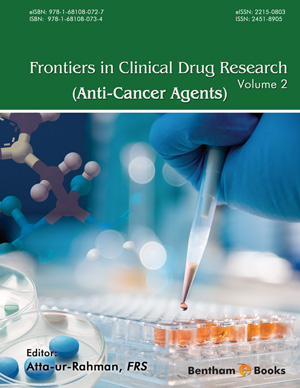Abstract
Ehrlich invented chemotherapy in 1909 with a simple rationale: Chemicals could cure infection by hitting targets in microbes that didn’t exist in hosts. Arsenicals, sulfa drugs, and antibiotics lent credibility to the notion. But now we know it’s oversimplified. Immune and inflammatory responses are essential to curing infection, and continued treatment with any single chemical leads inevitably to resistance. Cancer is more challenging than infection. Host and cancer cells are similar, host responses to cancer are less vigorous than those to microbes, and drugs that inhibit cell division tend not only to suppress inflammation and immunity, but also to erode gastrointestinal mucosa causing nausea, vomiting, and malnutrition. Together these side-effects predispose to infection, and a desperate dilemma: Should the patient die of cancer or it’s treatment? Despite long odds, chemicals remain the only hope for control of disseminated cancer. To realize this hope, however, we must enact a sea-change in our thinking. Rather than searching for new magic bullets, we must focus on overcoming tumor defenses, precluding resistance to treatment, preserving and enhancing host anticancer responses, minimizing toxic side effects, and inspiring patients and their physicians to engage in realistic dialogue about life and death. Combining effective drugs and drug combinations with nutritional manipulations, metabolic modifications, mind-body interventions, and philosophic contemplations holds the most promise for realizing this goal.
Keywords: Aging, Alternative and complementary medicine, Cachexia, Chemotherapy, Conventional medicine, Death, Diagnosis, Drug resistance, Essential amino acids, Etiology, Folate deficiency, Ketogenic, Life, Metabolic modification, Nutritional withdrawal, Oncologists, Pathology, Selective toxicity, Suffering, Terminal, Triage.






















